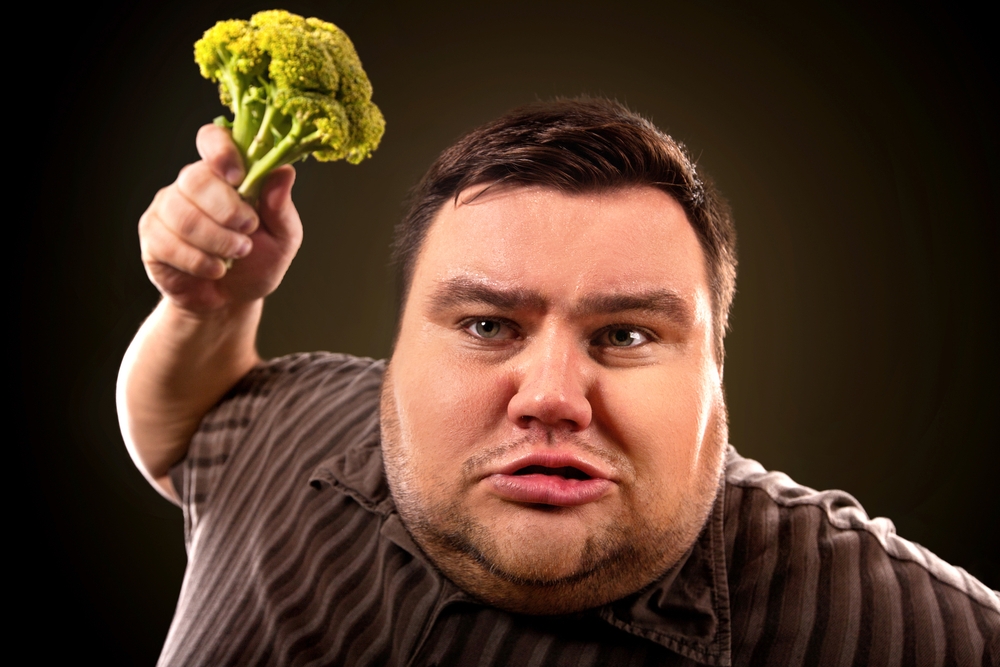
As the weather turns cold, many people’s waistlines unconsciously grow by several inches. Some statements about getting fat in cold weather seem to blame the cold season for the weight gain. But is this really the case?
When the weather is cold, the human body automatically synthesizes fat?
Many websites will say that in cold seasons, the human body’s basic metabolism decreases and tends to synthesize more fat to help the body keep out the cold-this statement sounds reasonable.
However, in fact, in extremely cold environment, the metabolic rate of the human body will rise appropriately to maintain the body temperature.
At present, there is no research showing that in winter, the human body is more inclined to synthesize fat.
The drop in temperature in autumn and winter is not the main culprit for your weight gain.
Why is it easy to gain weight when the weather turns cold?
Some surveys conducted on the Internet said that the fastest weight gain season of the year for most US netizens is between Thanksgiving Day (November) and New Year’s Day (January).
Is it what that makes winter weight difficult to control? There are mainly the following points:
1. There are many festivals and holidays, and there are inevitably social parties during the holidays. The intake of calories on the wine table is very easy to exceed the standard, especially the intake of alcohol-a small can of beer contains more than 150 calories of calories. The intake of calories from alcohol alone is very considerable for parties [wine sharing].
2. The decrease of sunlight in winter is easy to cause [seasonal depression] and increase people’s thirst for food.

3. Most of the traditional winter foods are high in oil and salt, which is easy to cause excessive calorie intake unconsciously. For example, hot pot, broth, nuts, various fried meat and desserts…
Some seemingly healthy snacks, such as baked sweet potatoes (a medium-sized chestnut with about 400 calories) and sugar-fried chestnuts (10 cooked chestnuts with about 200 calories), are high-sugar and high-carbon water foods and should not be eaten in excess.
4. The cold weather and the short time people spend outdoors indirectly lead to a corresponding reduction in exercise.
5. Dressing more in winter makes it difficult to notice the change of body shape, which makes people psychologically tired.
In fact, to sum up, there are two points: eat more and move less.
Can it be avoided?
After realizing the real reason, it is actually very simple to avoid it:
-
Don’t blindly [supplement]: in winter, you should eat more foods with high protein and low fat, such as lean mutton and poultry, instead of [fat sheep and fat cow hot pot]; When eating hot pot, try to choose dip with low calorie to avoid too much sesame paste, peanut butter and oil.
-
Appropriate vitamin D supplementation can relieve seasonal depression.
-
After eating snacks such as baked sweet potatoes and chestnuts, reduce the intake of staple food on that day.
The most important point: Please keep a certain amount of exercise.
When exercising in winter, the following points should also be paid attention to:
-
Flexible choice of indoor fitness methods;
-
Pay attention to the warm-up before exercise, can appropriately increase the warm-up time;
-
Wear more clothes to keep your body warm and try to use quick-drying materials-sweat cannot be drained at low temperatures, which is easy to cause discomfort.
-
Pay attention to replenishing water during exercise, even if visually [not sweating].
Having mastered the know-how of diet and exercise, it is difficult to grow fat.
